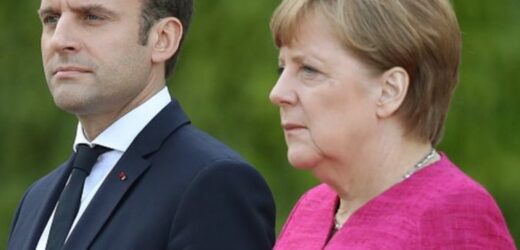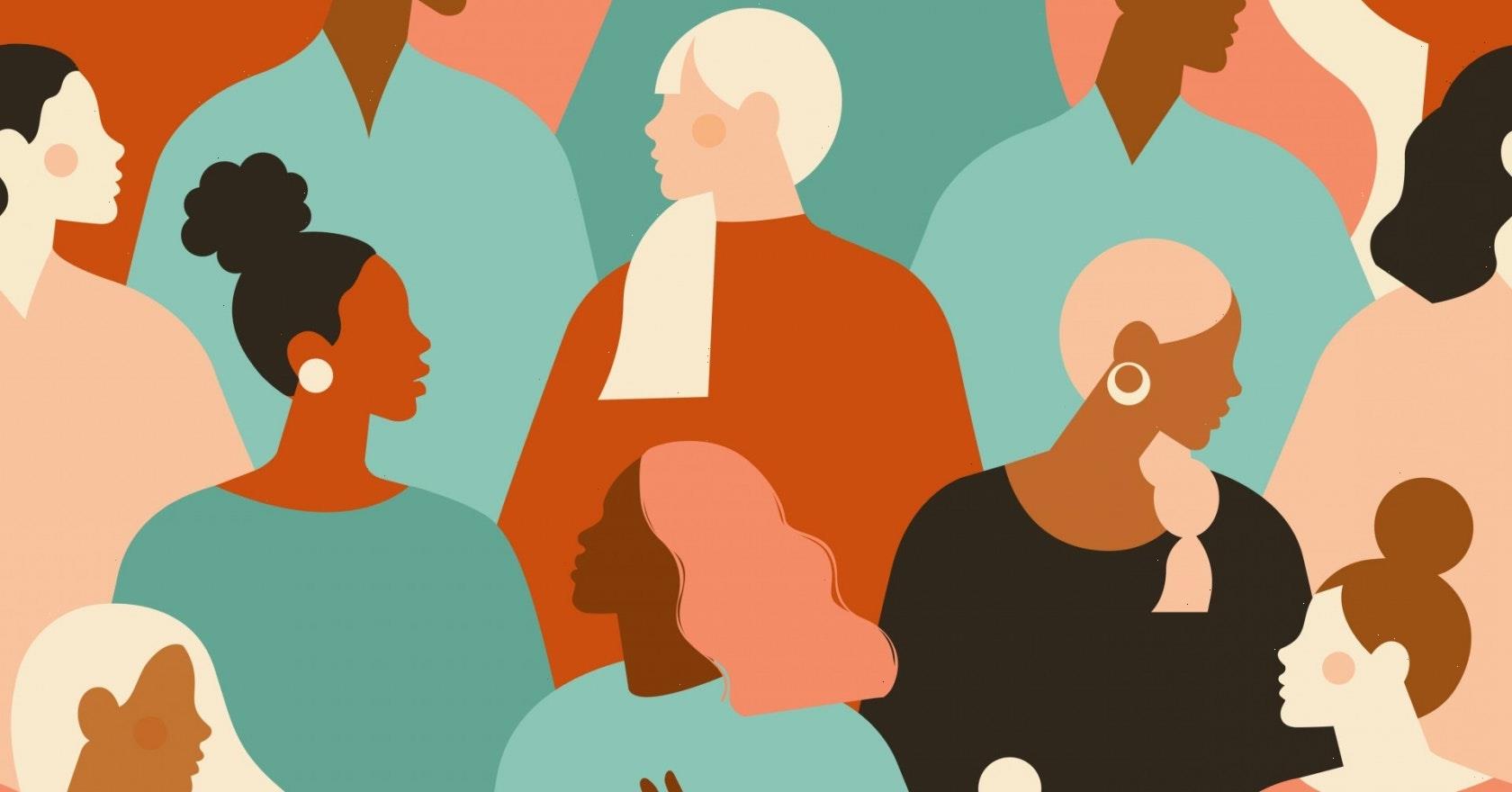China: Expert discusses Xi Jinping’s video talks with Europe
When you subscribe we will use the information you provide to send you these newsletters. Sometimes they’ll include recommendations for other related newsletters or services we offer. Our Privacy Notice explains more about how we use your data, and your rights. You can unsubscribe at any time.
The two leaders were lambasted by Italian MEP Marco Zanni who argued the French and German chiefs are too busy ensuring the EU-China investment deal is approved to scold Beijing on LGBT+ issues.
Mr Zanni blasted Mr Macron and Mrs Merkel as he replied to one of his followers’ tweets, which asked whether the EU would protest against Chinese tech giant Tencent’s WeChat social media platform after it deleted dozens of LGBT+ accounts run by university students.
The Twitter user wrote: “We’ll take to the streets for this too, right?
“Chinese tech giant Tencent’s WeChat social media platform has deleted dozens of LGBT+ accounts run by university students, saying some had broken rules on information on the Internet, sparking fear of a crackdown on gay content online.”
In a bitter swipe at the Franco-German partners, Mr Zanni replied: “No, Merkel and Macron, they prefer to sit at the table with the Chinese president to see how to get the China Comprehensive Agreement on Investment (CAI) that they strongly wanted in December.”

Chinese President Xi Jinping on Monday told French President Emmanuel Macron and German Chancellor Angela Merkel he hoped China and Europe would expand cooperation to better respond to global challenges, state broadcaster CCTV reported.
In a three-way video call, President Xi also expressed the hope that Europeans can play a more active role in international affairs, achieve strategic independence and offer a fair, transparent and unbiased environment for Chinese companies, CCTV said.
Mrs Merkel’s office confirmed that the three leaders exchanged views on European Union-China relations.
“They also discussed international trade, climate protection and biodiversity,” her office added in a statement.
“The conversation also revolved around cooperation in the fight against the COVID-19 pandemic, global vaccine supply, and international and regional issues.”
In May, the European Parliament halted ratification of a new investment pact with China until Beijing lifts sanctions on EU politicians, deepening a dispute in Sino-European relations and denying EU companies greater access to China.
The EU-China Comprehensive Agreement on Investment was instigated by Brussels because it perceived an “unfairness” between the “investment situation” for European Businesses and yet China could not do the same in the bloc.
The pact aims to put EU companies on an equal footing in China and solidify Beijing’s status as a trusted trading partner with the bloc. It was agreed upon by negotiators in December 2020 after seven onerous years of talks with Chinese officials.
DON’T MISS:
Brexit LIVE: SNP stuns Boris with sensational bid to change UK rules [LIVE BLOG]
Priti Patel set to propose immigration centre in middle of Atlantic [INSIGHT]
British expat claims Spain ‘turned on’ UK after Brexit ended bailouts [REACTION]

But relations soured when the EU placed sanctions, along with the UK and other western countries, on Chinese officials following the detention of Uyghur Muslims in the western Chinese province of Xinjiang.
China then responded with retaliatory sanctions on EU officials.
Most of the dispute centres around the relationship between the European Parliament and China rather than the European Commission.
The latest meeting of the trio comes as a vote in May saw only 30 out of 599 members of the European Parliament voted in favour of re-opening trade relationships with China.
The situation in Western China, in which the halting of the pact centres around, is considered by western nations to be a genocide as footage and first-hand accounts emerge from inside the centres where hundreds of thousands of the Muslim minority are being held by Chinese government officials.
Reports suggest mass sterilisation, abuse, torture and rape take place inside such centres in what the Chinese authorities call “re-education” centres.
China refutes allegations and insists the centres are part of an “anti-terror” programme.
Source: Read Full Article


